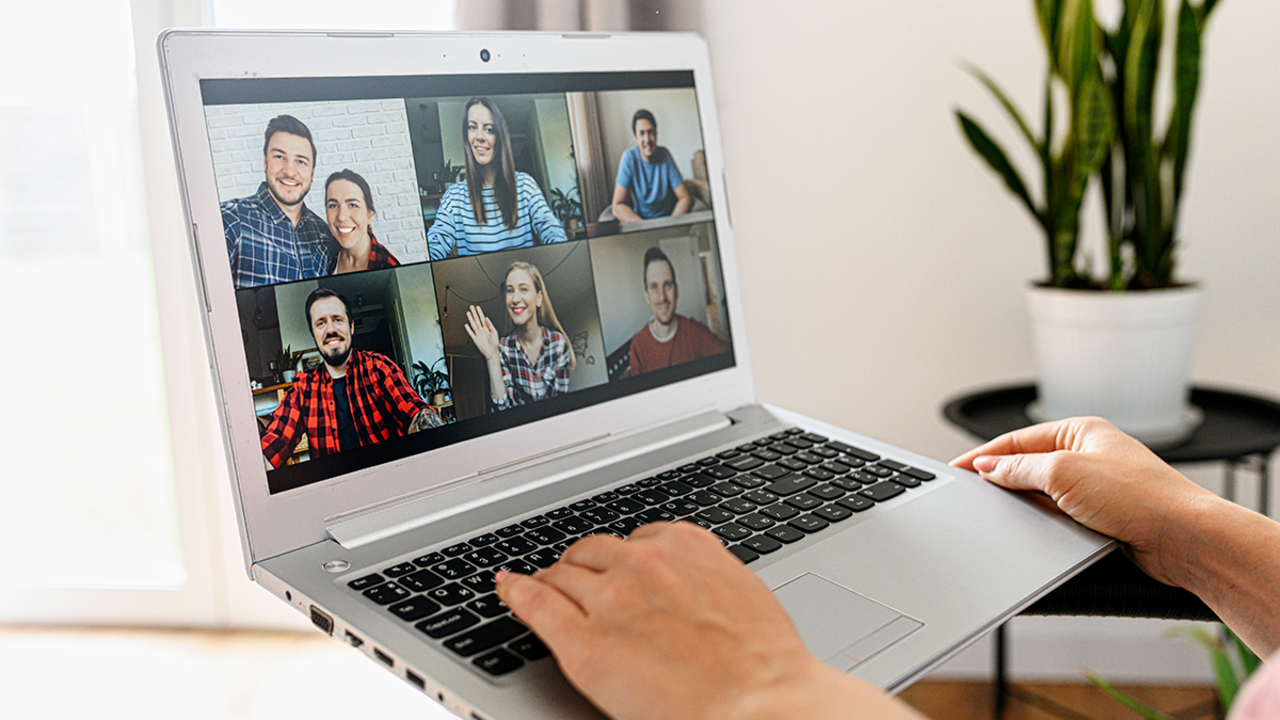We Need to Talk about Isolation

The lockdown has led to many feeling more isolated. We discuss what we can do and the ups and downs of substituting technology for face to face contact.
The lockdown which began in March of this year as a response to the threat of the Coronavirus pandemic has led to major changes in our lives. It has led to changes in how we live, what we do each day and who we see.
For many across the country, both young and old, feelings of loneliness have been a common problem.
Not being able to see family, friends and others in our lives has been a new and difficult experience.
While there is evidence that feelings of loneliness had already been rising in the long-term, this year the problem has grown larger.
According to survey results from the British Red Cross around four in ten of those surveyed were feeling more lonely than before the pandemic. For those facing isolation they recommended social prescribing as a key part of the solution.
Technological Troubles
Technology has allowed us to stay in touch with friends and family, with platforms such as Zoom and Skype and applications such as FaceTime helping people to see each other virtually. This does not necessarily substitute for the real thing – the experience of seeing people in person. The rise in feelings of isolation suggest that, while technology can help, it is far from a perfect alternative.
Nor does everybody have the same access to technology. While it is helpful for many that platforms like Zoom, Skype and WhatsApp are free to access, not everybody has enough access.
For instance, the Office for National Statistics has highlighted that around one in ten people do not regularly use the internet. Some figures suggest the number could be higher – around 18%.
One in twenty people live somewhere where they lack fast broadband, leading to further challenges.
However, online contact does offer one way of helping to address isolation.
Who is affected?
Those shielding, , and those in at-risk groups have been more affected.
Over 65s, the under 18s and those with disabilities were amongst those who are more likely to lack internet access. There is a risk this leaves them more likely to be affected by loneliness.
Our services are here to help
Here at Meridian Wellbeing, we are offering services designed to promote wellbeing and help with a variety of problems, including loneliness. Our Peer Support Groups match up those experiencing isolation with a Peer Support Ambassador, somebody trained to give them some company and help to support them. We also offer a number of online activities which allow you to meet new people and try new things.
Click here to see our online activities and click here to read about our Peer Support Group and how to get involved.
